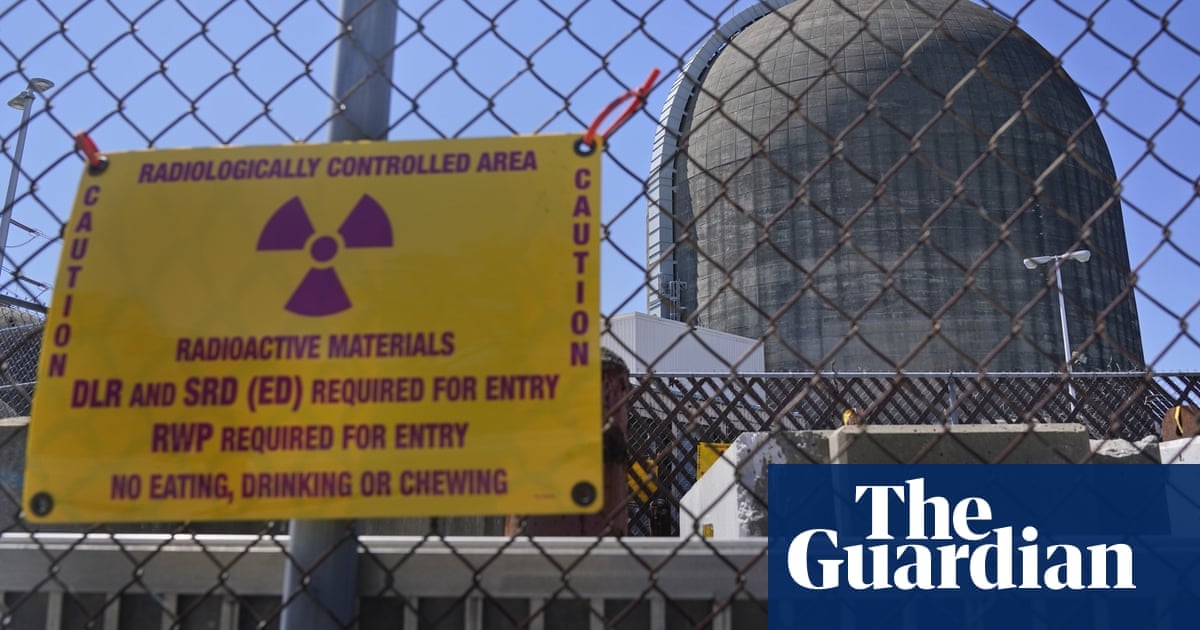Shuttering of New York facility raises awkward climate crisis questions as gas – not renewables – fills gap in power generation
When New York’s deteriorating and unloved Indian Point nuclear plant finally shuttered in 2021, its demise was met with delight from environmentalists who had long demanded it be scrapped.
But there has been a sting in the tail – since the closure, New York’s greenhouse gas emissions have gone up.
Castigated for its impact upon the surrounding environment and feared for its potential to unleash disaster close to the heart of New York City, Indian Point nevertheless supplied a large chunk of the state’s carbon-free electricity.
Since the plant’s closure, it has been gas, rather then clean energy such as solar and wind, that has filled the void, leaving New York City in the embarrassing situation of seeing its planet-heating emissions jump in recent years to the point its power grid is now dirtier than Texas’s, as well as the US average.



You sounded like you were claiming that. Do you realize there is a difference between the end of a LICENCE and the end of something’s functional life? You were claiming that because the LICENCE was only good for 40 years (the longest license the feds issued) that it was somehow the end of the PLANT’S useful life.
As I said elsewhere, they applied for a 20-year renewal, NY sued, and the high costs of fighting for the renewal led them to settle and shut it down. But NONE of that means that the plant was some falling apart scrapheap that needed closed, which is what I took from what you said.
This may be somewhat pedantic but the plant’s functional life ended when the license ran out.
The planned/ hoped for EoL may have been longer but if there was a 40 year license then the end of that license is also the end of the initially licensed lifetime. Otherwise they could have just issued a 50 or 60 year license.
That doesn’t mean lifetimes cannot be extended, many plants run longer than initially planned.
But not renewing a license is hardly a premature shutdown,
As already stated, I didn’t make any argument about its functionality and it has no bearing to my argument.
That said, other have claimed that the plant was apparently leaking, which does sound like an argument against renewal.
You are being intentionally obtuse. Thank for helping climate change to kill us.